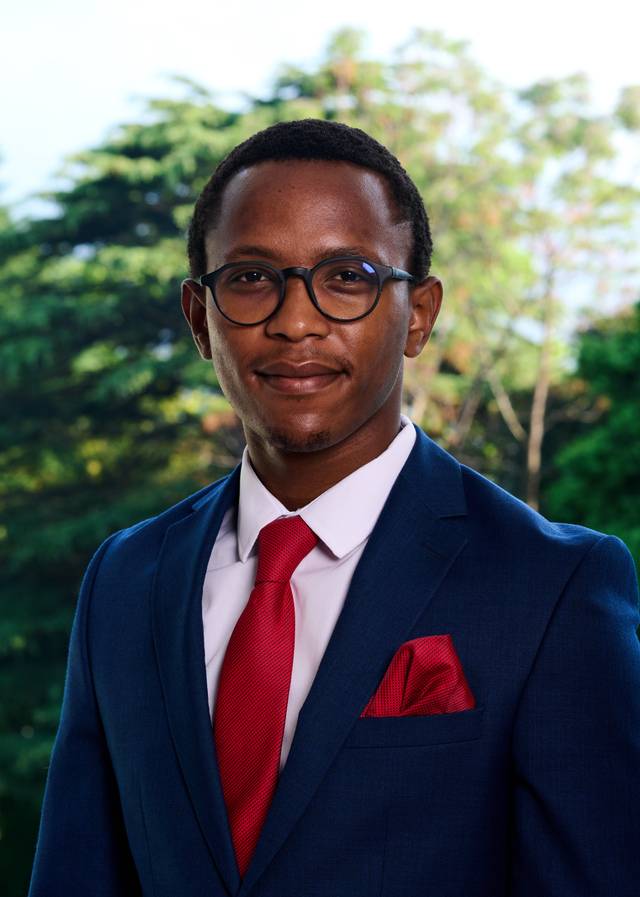
Scholar Stories
Reconciliation: A Reckoning of Fire and Memory
Lindani Zungu (South Africa & University of the Witwatersrand, 2025) took time to reflect and process what he learned at the Reconciliation & Reparation Leadership Retreat held in July for 1st year Mandela Rhodes Scholars.
Reconciliation is a reckoning. A confrontation. A violent tenderness. A quiet, soul-wrenching stare-down with yourself and with the world that made you. It is internal and external - a double-edged demand that insists on radical honesty.
I felt the weight of it, quite literally, while visiting the ‘Truth to Power’ exhibition at the Desmond and Leah Tutu Legacy Foundation- once a site of enslavement, now a monument to struggle and healing.
The air was heavy. History pressed into my chest. Another scholar whispered, “I can hear the screams.” And suddenly, I could too. The walls echoed with centuries of violence, degradation, and resistance. And in that moment, the popular idea of reconciliation - this beautifully packaged, almost romantic notion of making peace - felt insulting. It felt like betrayal. Betrayal of the tortured, of the disappeared, of the millions whose bones line the soil of this continent.
While apartheid and colonialism may be gone in name, coloniality is alive and breathing. It haunts our institutions, our schools, our economies, our tongues, our mirrors. We live it. We carry it. Every day. It clings to our backs like a second skin. And so reconciliation, if it is to mean anything at all, cannot be one-sided. It cannot continue to demand that the oppressed do the forgiving while the oppressor remains comfortable, unbothered, unaccountable. If the children of the colonized are expected to heal, then the children of the colonizer must dismantle. Must repair. Must transform the systems that continue to suffocate us. Internal reconciliation, too, is a war.
It is not simply confronting ego or ambition - it is confronting the buried grief, the inherited trauma, the internalized oppressor that tells us to shrink, to defer, to be grateful for scraps. It means saying: Here I am. A mess of shadow and light. I will not run from myself. It is shattering the curated version of who we think we are. It is asking: Do I do good for justice, or for affirmation? Do I seek to serve or to be seen? It is admitting that even in leadership, we are often still healing. Still aching. Still human. And yet, that is where true reconciliation begins: in truth. In brokenness.
In gold-lacing the cracked parts of ourselves, like kintsugi - not to return to some imagined wholeness, but to make something more honest. More beautiful. More real.
But reconciliation must move beyond the self. Beyond symbolism. It must become a structure. A process. A mutual undoing. Because peace without justice is surrender. And forgiveness without accountability is erasure. We cannot continue to revere forgiveness from the oppressed while demanding nothing of the oppressor. We cannot keep calling it “healing” when it is only the wounded doing the work. Reconciliation is not passive. It is not soft. It is fire. And if both sides do not walk toward it, then it will consume us all.







